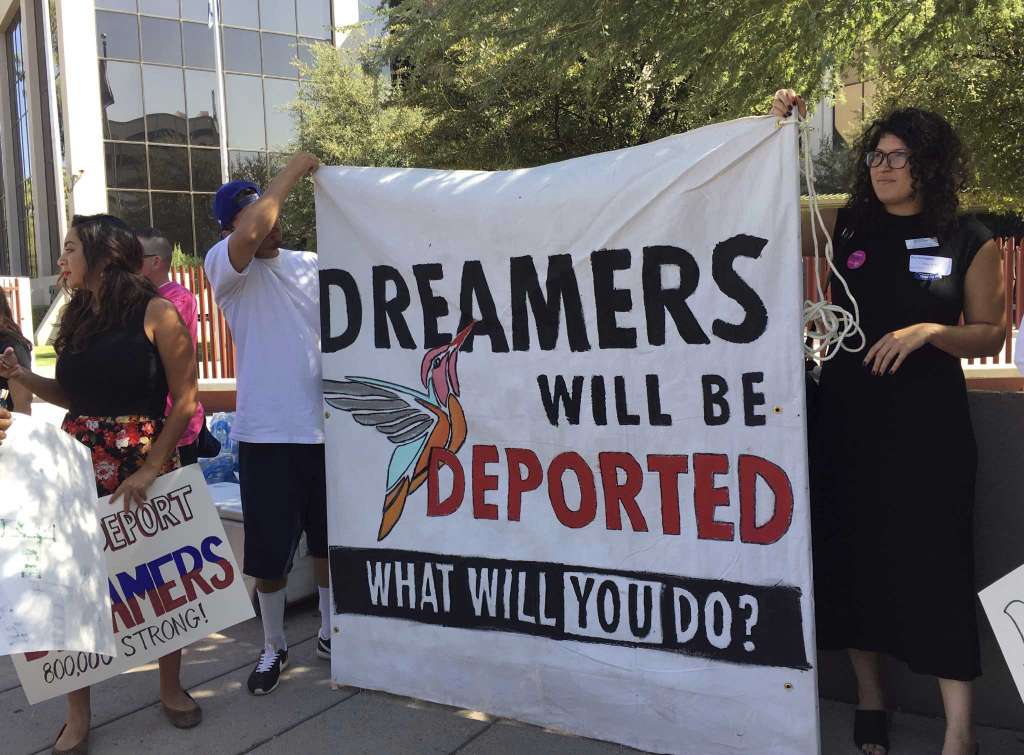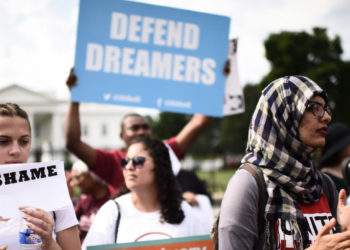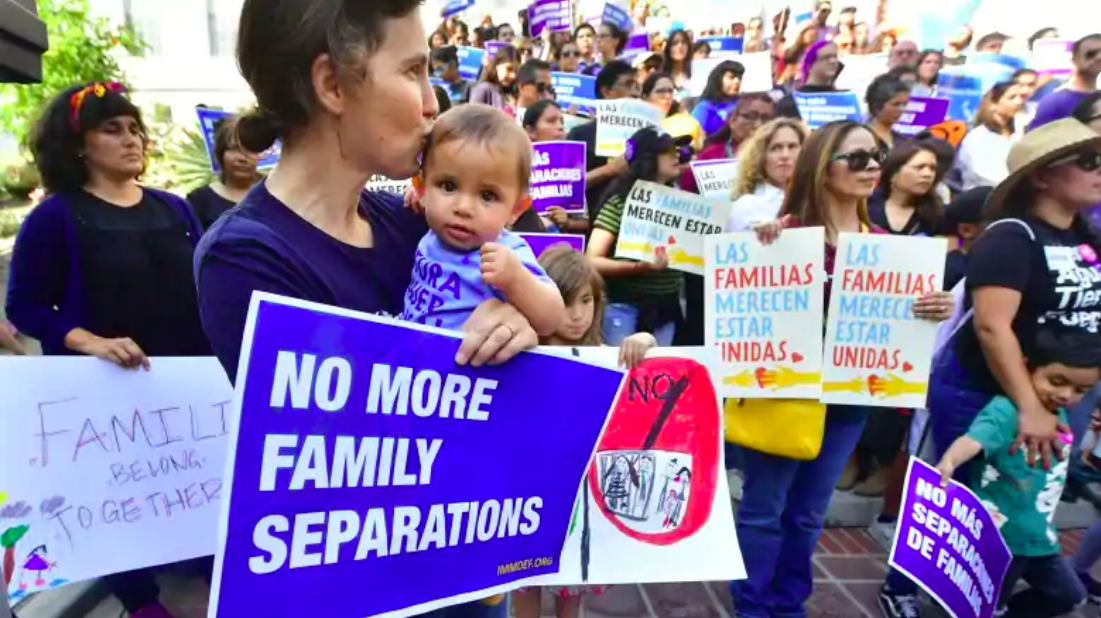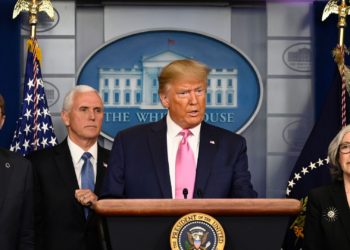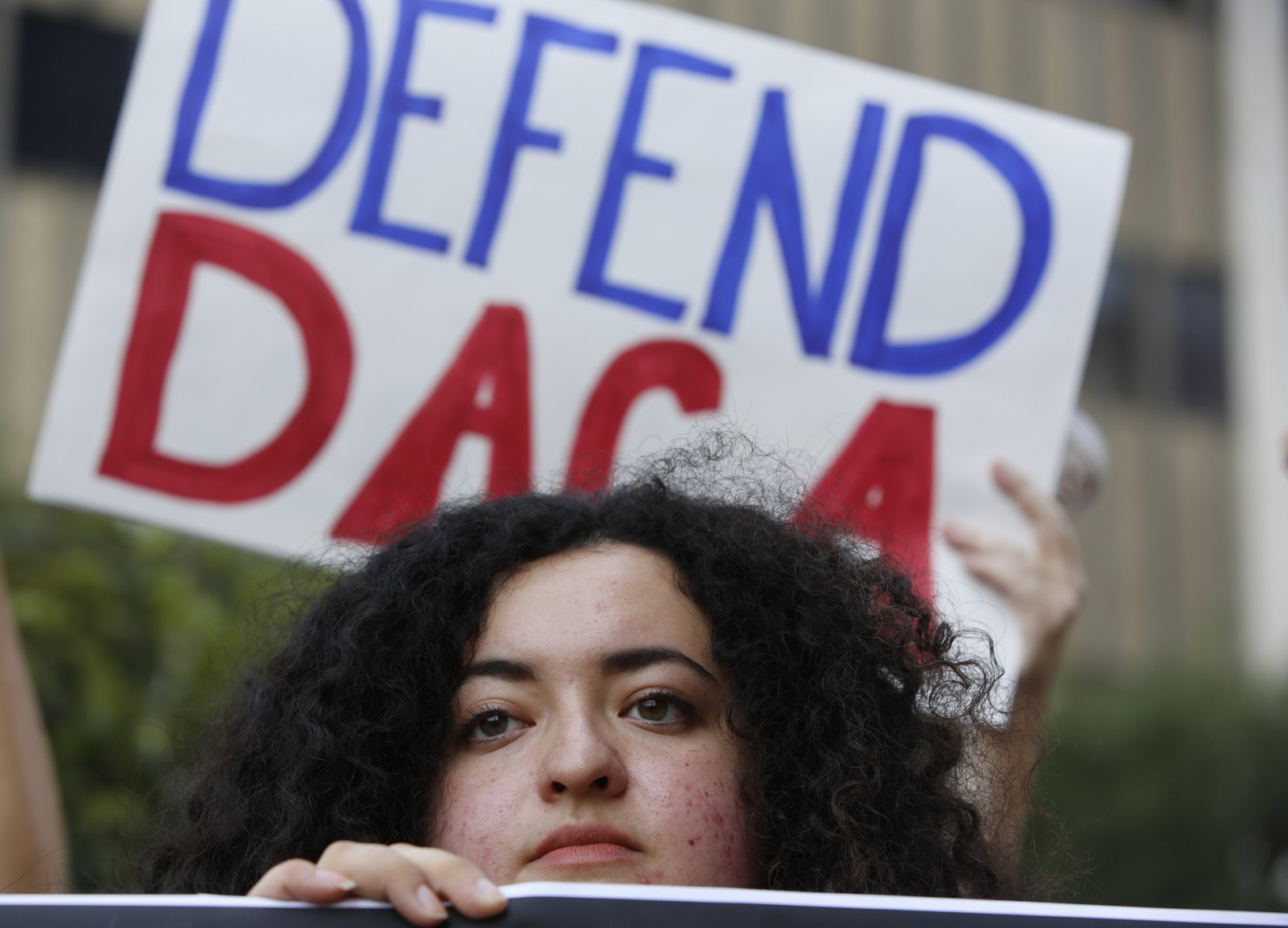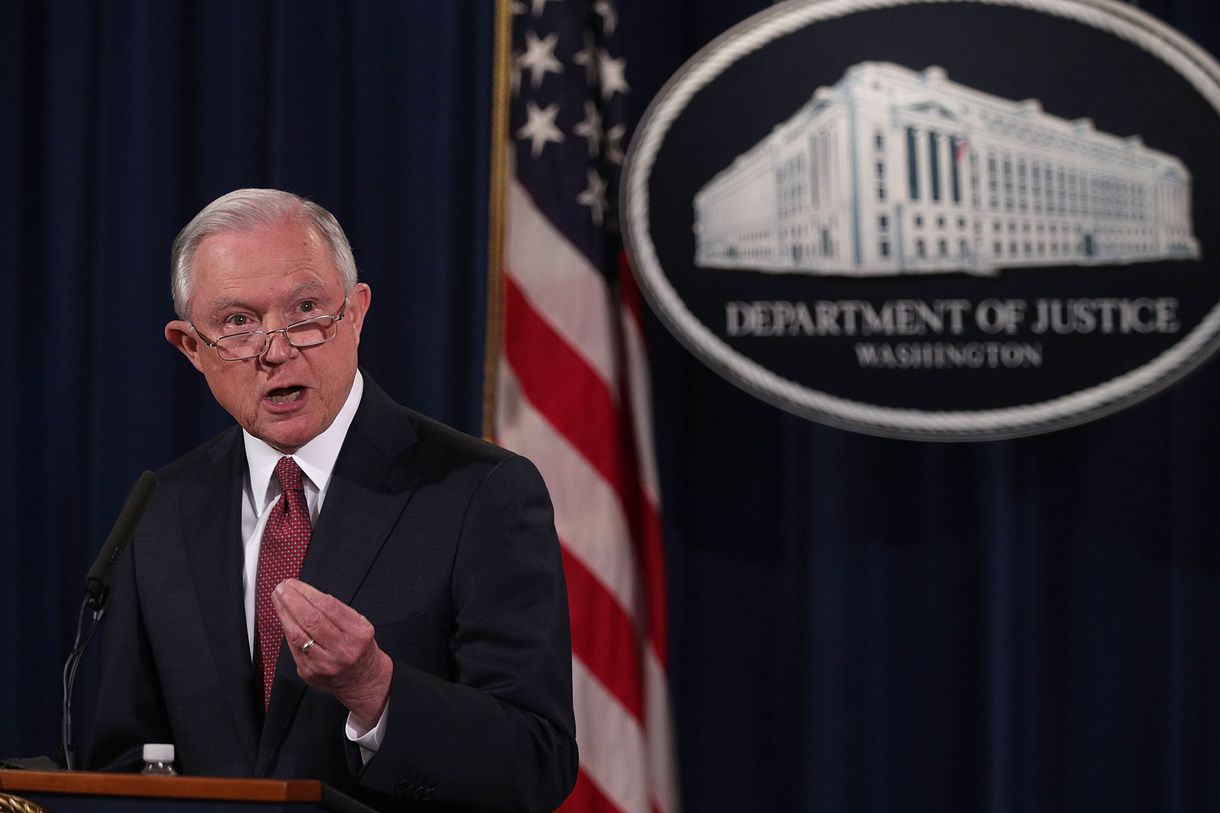After weeks of political wrangling, the Trump administration announced on Tuesday that it would end the Deferred Action for Childhood Arrivals (DACA) program that protects 800,000 undocumented immigrants (also called Dreamers), who entered the country illegally when they are children, from deportation.
The White House called on Congress to come up with a legislative replacement before the program fully expires on March 5, 2018.
On Tuesday, Attorney General Jeff Sessions laid out the major tenets of the framework to end the program started during Barack Obama’s presidency.
“The DACA program was implemented in 2012 and essentially provided a legal status for recipients for a renewable two-year participation in the social security program, to 800,000 mostly adult illegal aliens,” Mr. Sessions said in his press statement.
In a sharp criticism of the Obama-era program, Mr. Sessions said: “This policy was implemented unilaterally to great controversy and legal concern after Congress rejected legislative proposals to extend similar benefits on numerous occasions to this same group of illegal aliens.”
For him, the executive branch upended Congress’ authority through DACA. He regarded DACA as “an open-ended circumvention of immigration laws” and “an unconstitutional exercise of authority by the Executive Branch.”
Homeland Security Acting Secretary Elaine Duke said the administration would be “letting the program wind down in six months and placing the onus on a sharply divided Congress to enact former President Barack Obama’s executive action into law.”
In a tweet early on Tuesday, President Trump also called on Congress to immediately work on DACA.
Congress, get ready to do your job – DACA!
— Donald J. Trump (@realDonaldTrump) September 5, 2017
DACA allows undocumented young immigrants before 2007 to apply for protection from deportation and work permits if they are seen eligible after meeting certain requirements.


